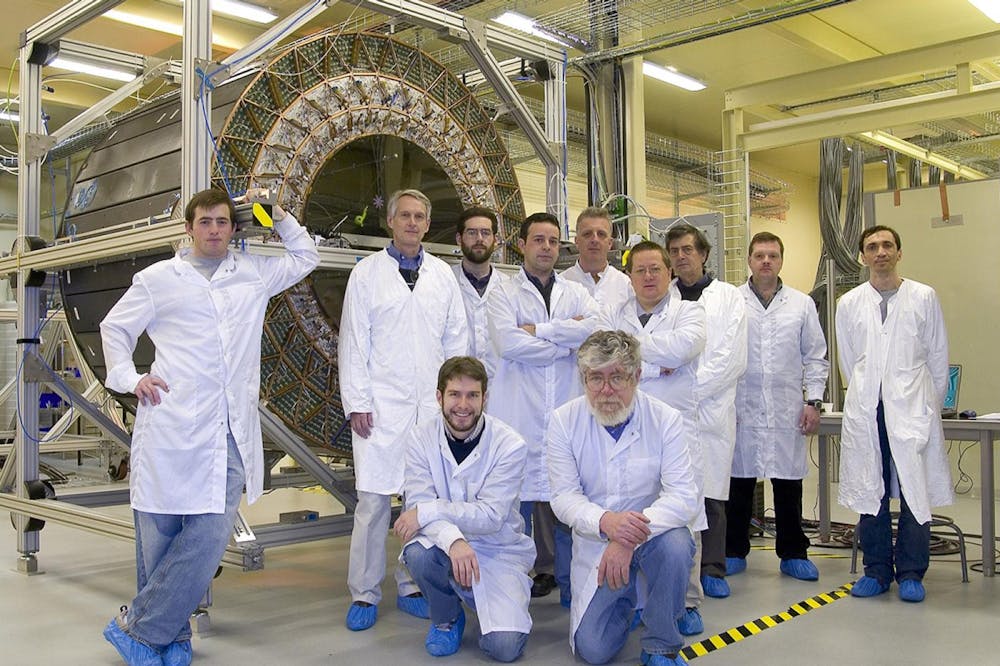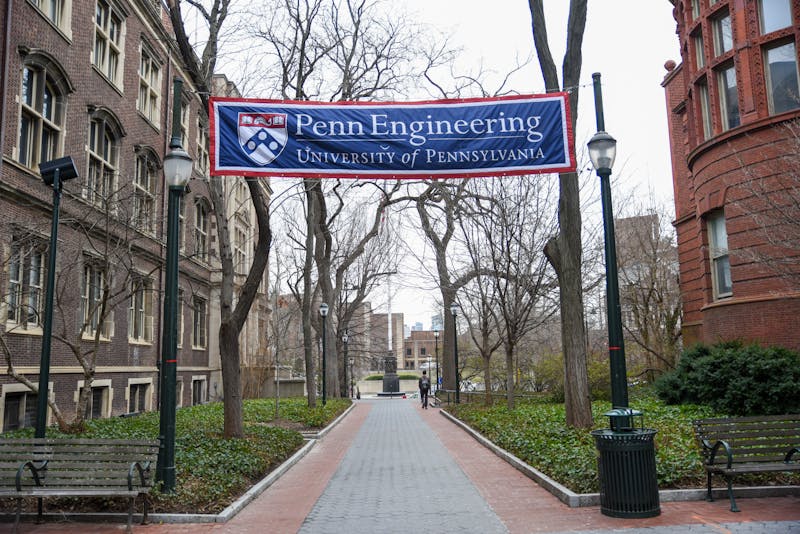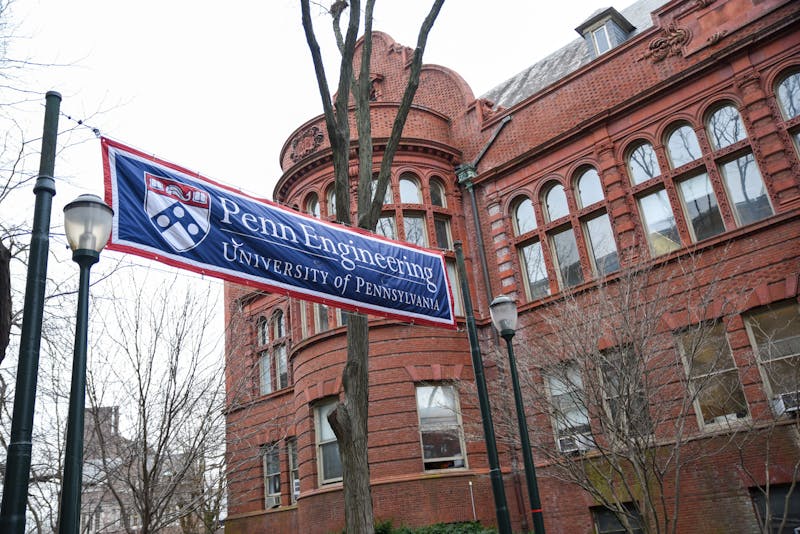
Members of Penn’s ATLAS group were awarded $3 million in fundamental physics (Photo Courtesy of Maximilien Brice).
Physicists from the ATLAS collaboration at the European Organization for Nuclear Research — including members of Penn’s ATLAS group — have been awarded the 2025 Breakthrough Prize in fundamental physics for their research on high-energy particle collisions at the CERN Large Hadron Collider.
The Breakthrough Prize, founded in 2012 by tech leaders including Mark Zuckerberg and Sergey Brin, is one of science’s most prestigious honors. Awarded annually in life sciences, mathematics, and fundamental physics, each prize includes a $3 million award.
The ceremony regularly draws attention from Silicon Valley and celebrity figures.
Penn’s ATLAS team, part of the School of Arts & Sciences, includes over two dozen faculty members, Ph.D. students, postdoctoral researchers, and technical staff. Among them are Penn professors Elliot Lipeles, Joseph Kroll, Evelyn Thomson, Dylan Rankin, and professor emeritus Brig Williams.
“To do this great science you need a really big team,” Lipeles, a professor of physics and astronomy, said. “The LHC is the most complicated piece of equipment ever built. I don’t think anything even comes close.”
The Penn group played a key role in the 2012 discovery of the Higgs boson and continues to work on precision measurements of its properties. They are also searching for new physics, including signs of dark matter and supersymmetry — a theoretical extension of the standard model that could help explain some of its current gaps.
Rankin, a professor of physics and astronomy, uses machine learning to analyze the large datasets generated by LHC experiments.
“The signals we seek are subtle and buried in enormous volumes of data,” he said. “Machine learning helps us find what we otherwise couldn’t.”
Penn joins institutions like Harvard University and Massachusetts Institute of Technology as one of the most frequently recognized universities by the Breakthrough Prize Foundation. Past Penn recipients include Carl June (2024, life sciences), Drew Weissman and Katalin Karikó (2022, mRNA vaccines), Charles Kane and Eugene Mele (2019, physics), Virginia M.Y. Lee (2019, life sciences), and Eugene Beier, Joshua Klein, and Christopher Mauger (2016, physics).
The ATLAS team is preparing for the high-luminosity LHC upgrade, set to begin in 2030, which will increase data output tenfold. Penn researchers are contributing by developing advanced electronics for a new silicon tracker.
“This award is a powerful recognition of decades of basic research and innovation,” Arjun Yodh, chair of Penn’s Department of Physics and Astronomy, said. “Our team’s contributions to particle physics represent science at its most ambitious.”
The Daily Pennsylvanian is an independent, student-run newspaper. Please consider making a donation to support the coverage that shapes the University. Your generosity ensures a future of strong journalism at Penn.
Donate












